Aldi, the international discount supermarket chain, has implemented a major change to its wine packaging by introducing lighter glass bottles across its range. This decision to reduce the weight of 20 million wine bottles is a central part of Aldi’s broader environmental strategy, which includes packaging innovation, waste reduction, and cutting carbon emissions. The move is designed to lessen the environmental burden of both production and distribution, all while continuing to offer customers the same value and product quality they expect.
Details of the Wine Bottle Redesign
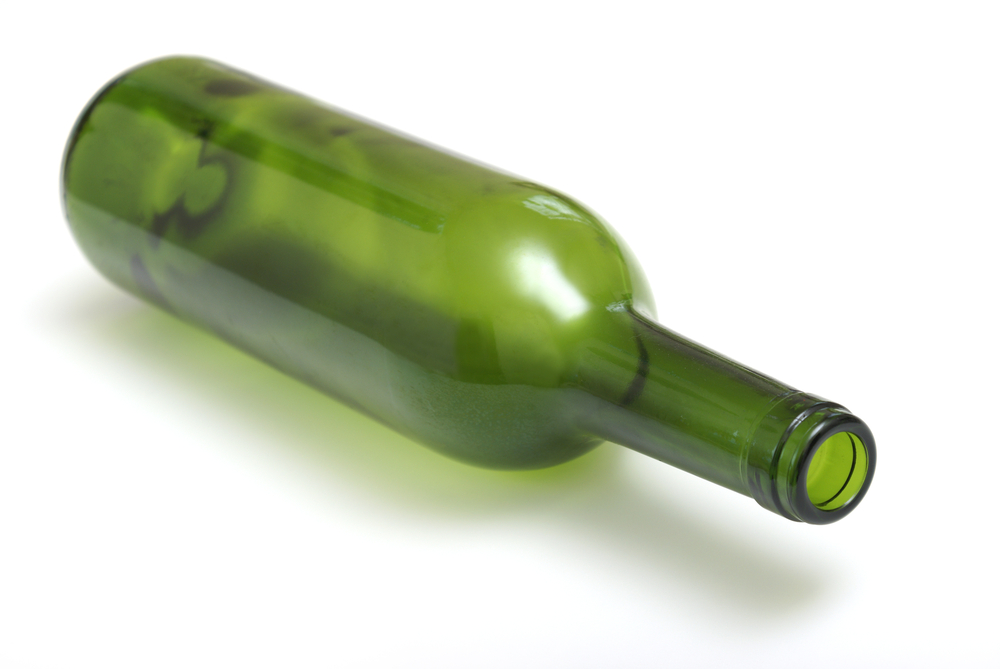
In 2025, Aldi collaborated with its wine suppliers and Greencroft Bottling to launch a lighter bottle format. The redesigned bottles weigh only 300 grams each, down from the average of around 409 grams. This difference of 109 grams per bottle may appear modest on its own, but when applied to 20 million units, it results in a reduction of more than 2,100 tonnes of glass material. By decreasing the total volume of raw glass used, Aldi not only minimizes production resource use but also lessens the impact of transportation emissions.
This change initially applies to key wines in Aldi’s private-label lineup, such as Grapevine Sauvignon Blanc and Grapevine Merlot. With these changes, the overall average bottle weight across Aldi’s still wine range now stands at approximately 371 grams.
Environmental Advantages
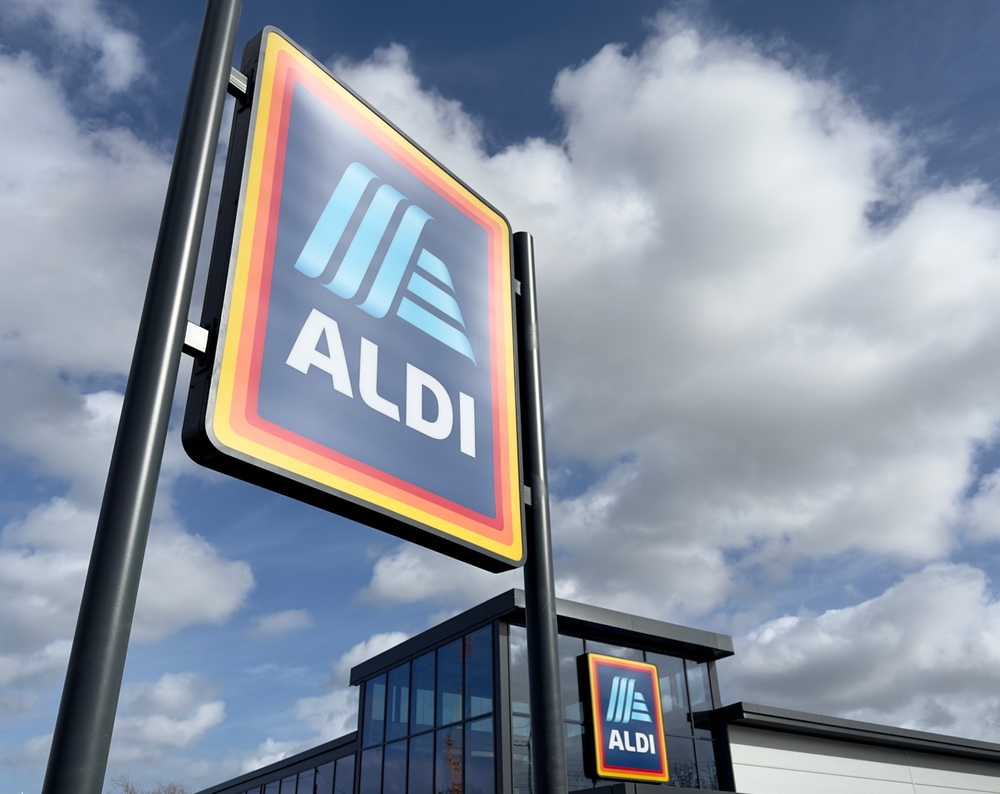
Switching to lighter bottles offers a range of sustainability benefits. Manufacturing requires less energy because less raw material is needed to form the glass. In distribution, lighter products mean reduced fuel consumption, fewer emissions, and lower logistical costs. According to Aldi, the weight reduction is equivalent to removing over 12 million empty wine bottles from circulation each year. This projection reflects a substantial environmental win, showing that even seemingly small design changes can generate large-scale impact when adopted across a high-volume product line.
Luke Emery, who serves as Aldi UK’s National Sustainability Director, stated that the initiative is already having a meaningful effect by cutting both materials and carbon emissions. He confirmed that Aldi continues to explore further packaging reductions in the future to meet sustainability targets and enhance product efficiency.
Packaging Strategy Beyond Bottles
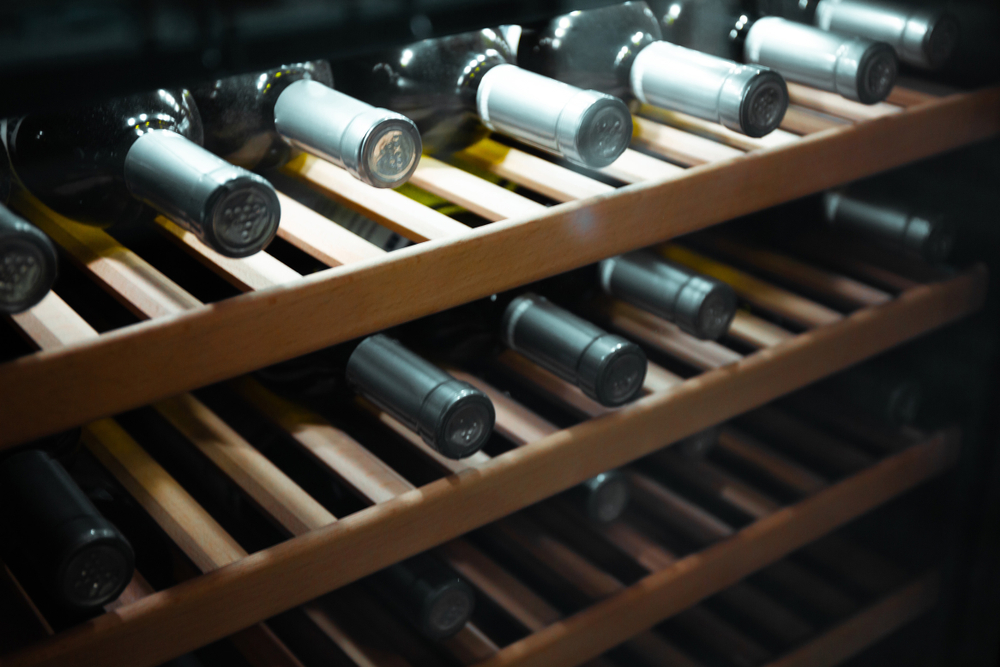
The redesign of glass wine bottles is part of a larger packaging initiative Aldi launched in recent years. Since 2022, the retailer has undertaken multiple efforts to lower its use of packaging materials. These efforts include the development of innovative wine containers such as aluminium bottles that weigh just 95 grams. These aluminium options are 75 percent lighter than standard glass wine bottles and are fully recyclable.
Aldi has also conducted trials involving alternative packaging types such as paper bottles, PET containers, and minimal cork closures. These experiments are intended to diversify the brand’s sustainability offerings and test market response to less conventional formats. Aldi has made it clear that its mission goes beyond reducing waste alone. The goal is to find solutions that lower emissions while maintaining convenience, presentation, and overall customer experience.
Leading the Industry in the UK
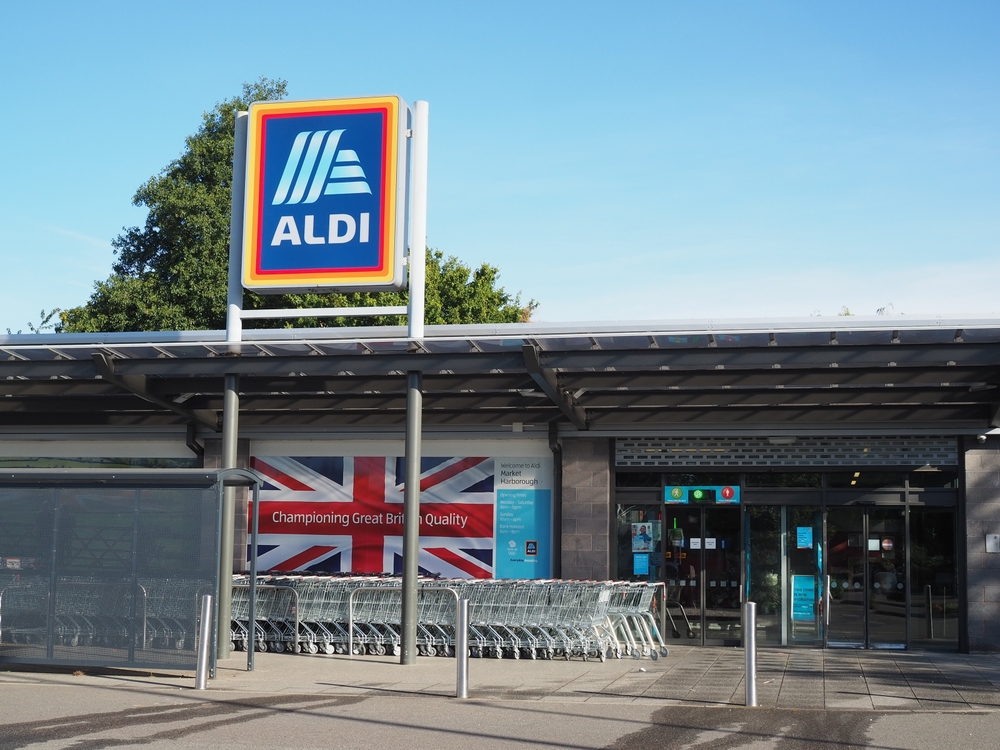
Aldi’s shift to lightweight glass bottles is a first among UK supermarkets at this scale. By transitioning 20 million still wine bottles to a lighter format, the company has established itself as an early leader in wine packaging innovation within the grocery sector. The change reflects Aldi’s proactive role in adapting to new sustainability standards, and it has garnered attention from environmental advocates and retail analysts alike.
Customer Experience Remains Intact
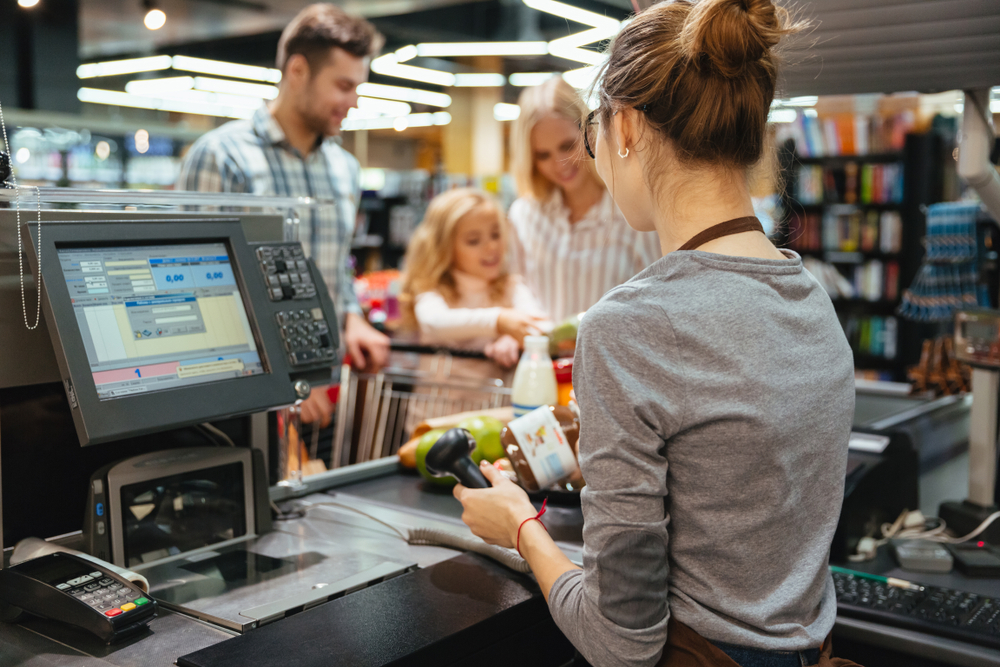
Despite the significant changes to packaging, Aldi ensures that product quality and presentation remain consistent. Customers continue to enjoy the same flavor profiles in familiar brands like the Grapevine range, now served in more sustainable packaging. The recycled-style glass bottles maintain the appearance and tactile feel of traditional formats, which means shoppers can expect no compromise in quality.
Aldi’s packaging shift puts more of the sustainability responsibility on the business rather than the consumer. With this change, Aldi customers make a positive environmental contribution simply by purchasing the same wines they already enjoy. This enhances the sustainability impact without requiring a shift in consumer behavior or product choice.
Rollout and Future Developments
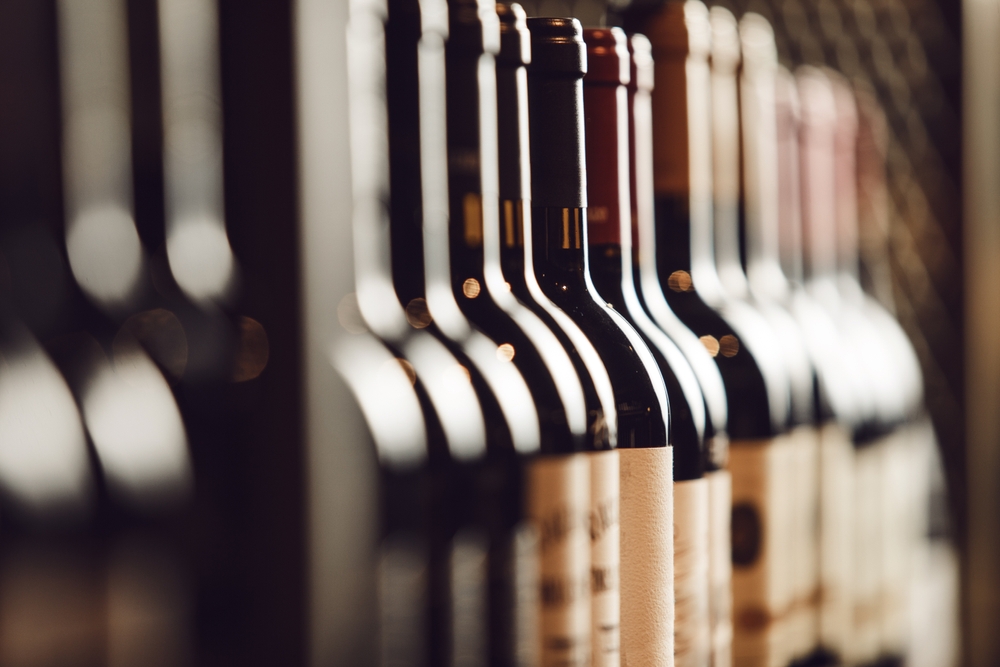
The lighter wine bottles are already making their way onto store shelves. The transition is part of a phased rollout that will see 20 million bottles converted to the new format by the end of 2025. Aldi has indicated that it will continue assessing the performance of the lightweight bottles, with plans to expand the format across other wine categories in the future.
In addition to expanding lightweight glass packaging, Aldi is reviewing its broader packaging strategy across all product types. The company aims to make ongoing reductions in packaging volume and weight while also increasing recyclability across its entire portfolio.
Statements from Aldi Leadership
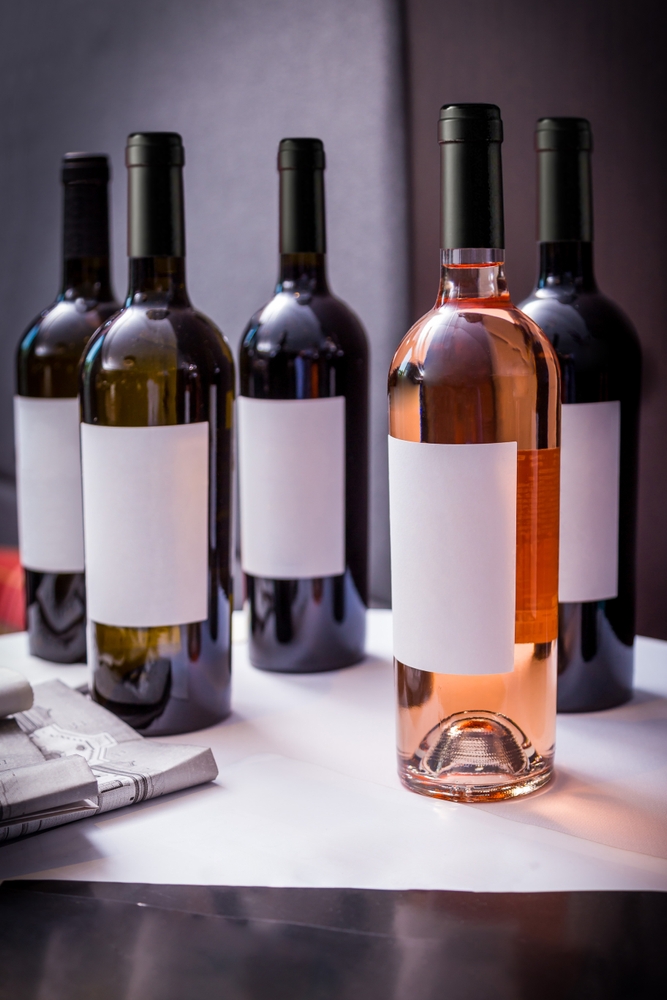
Aldi has publicly challenged long-standing assumptions in the wine industry, including the belief that glass bottles must weigh over 360 grams to preserve product quality. The retailer argues that new bottle designs, supported by modern glass manufacturing techniques, make it possible to maintain wine integrity while dramatically reducing the environmental impact.
Luke Emery reinforced this stance in public remarks, saying that Aldi is constantly looking for practical ways to improve sustainability performance. He highlighted that the lightweight bottle initiative reflects Aldi’s long-term vision of balancing value, quality, and environmental responsibility in every product offering.
Read More: 12 Common Mistakes to Avoid When Shopping at Aldi
Collaborative Supply Chain Model

The successful implementation of the lighter bottle project would not have been possible without close coordination between Aldi, its wine suppliers, and Greencroft Bottling. Together, these partners redesigned, tested, and produced the new bottles with efficiency and precision. This supply chain collaboration serves as a model for how retailers and manufacturers can work together to achieve shared environmental goals.
The change required adjustments not only in bottle production but also in filling lines, transport logistics, and quality control procedures. Despite the complexity, Aldi’s coordinated rollout demonstrates that scalable packaging innovation is both practical and commercially viable when approached strategically.
The Broader Industry Impact
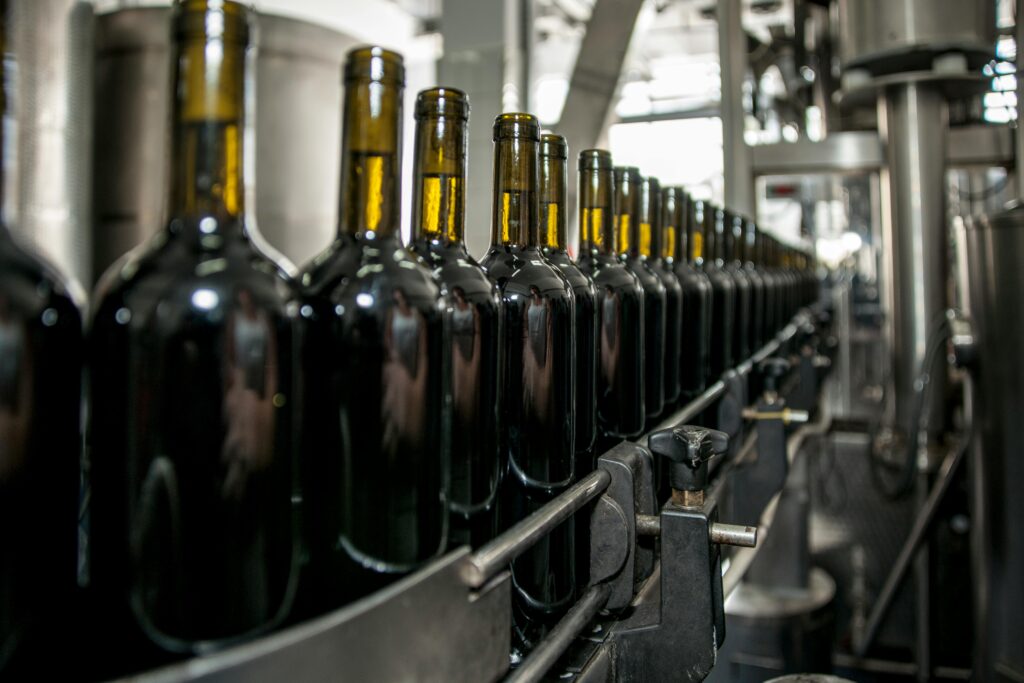
Aldi’s bold packaging changes could influence competitors across the grocery and wine industries. As the environmental cost of heavy packaging becomes more apparent, other retailers may follow Aldi’s lead in adopting lighter formats. Suppliers, too, may begin offering new packaging options by default in response to shifting market expectations.
The wine industry in particular has been slower than other sectors to adopt sustainable packaging, due in part to tradition and consumer perceptions. Aldi’s initiative shows that it is possible to preserve customer trust while embracing new, more efficient packaging technologies. If other brands follow suit, the industry may undergo a rapid shift toward environmentally friendly packaging solutions.
Read More: 11 Aldi Foods to Grab in 2025 Before They Disappear
Conclusion
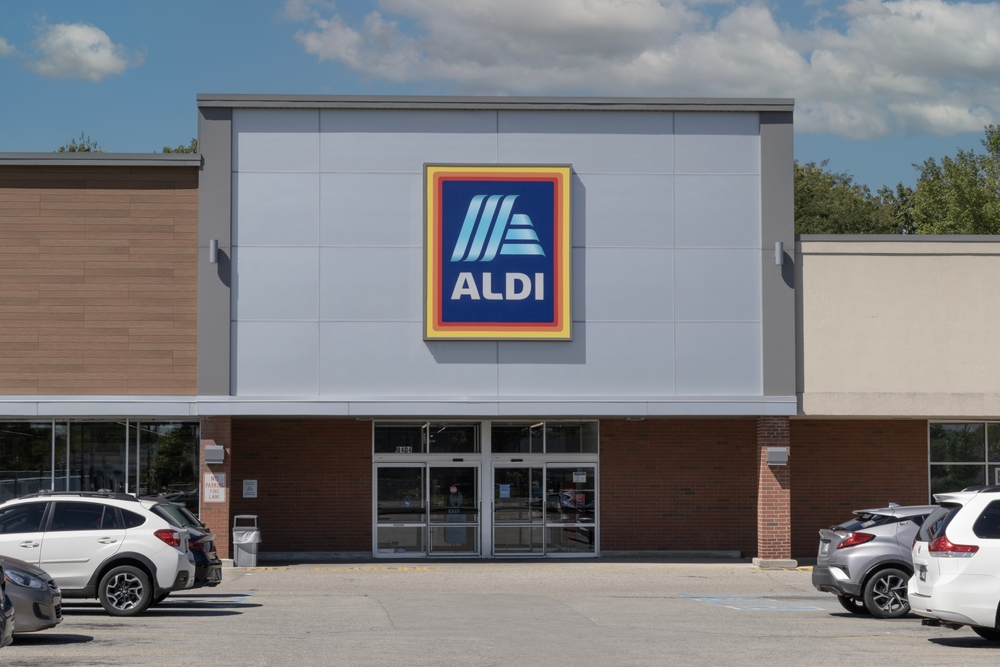
By reducing the weight of 20 million wine bottles, Aldi has demonstrated that packaging innovation can deliver environmental benefits at scale without sacrificing quality or value. The reduction in glass weight equates to lower emissions, reduced raw material usage, and less strain on transport infrastructure. It also reflects a forward-thinking approach to sustainability, one that combines practical action with ambitious long-term goals.
Aldi’s collaboration with suppliers and bottlers has enabled the smooth implementation of this initiative, and early results suggest strong potential for broader application across product lines. As more consumers demand environmentally responsible options and as regulatory standards evolve, Aldi’s efforts could mark a turning point in sustainable grocery retail.
This project highlights how meaningful environmental impact can be achieved through smart design and collaboration. Aldi’s lighter wine bottles represent just one part of its ongoing commitment to reducing waste and improving sustainability across its global operations.
Disclaimer: This article was created with AI assistance and edited by a human for accuracy and clarity.

